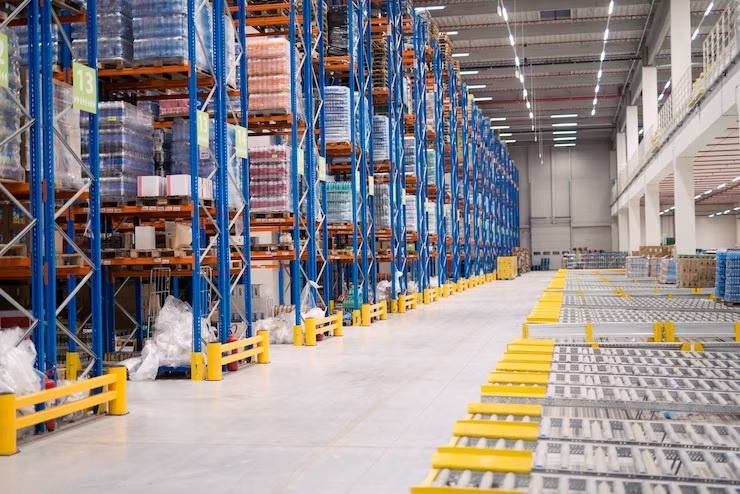E-commerce can be the key for success in logistics
 |
| E-commerce can be the key for success in logistics/ illustration photo/ Source: freepik.com |
This point is strongly certified in the contrast of cross-border e-commerce and local e-commerce. Statistics from a certain e-commerce platform shows that the goods return rate in cross-border shops is at least double compared to that of local shops. Why? The unbearable speed of cross-border logistics takes away the joy of purchasing.
Another issue is the cold chain. The categories for e-commerce are mainly consumer goods, among which a significant proportion is food. The transportation of food undoubtedly increases the difficulty of logistics. Most food must be transported with a cold chain throughout the entire transportation process; this again highlights the importance of logistics in the e-commerce industry.
So, e-commerce covers only the transaction process of goods, while logistics realises the delivery process of goods and ultimately forms a closed-loop transaction. In this regard, logistics guarantees the transaction of e-commerce and is an important part of it.
On the other hand, in order to better serve the e-commerce industry, the logistics industry is also constantly improving its service level and modern management methods. That is, the e-commerce industry is also constantly changing the logistics industry.
The traditional logistics industry required large-scale and centralised warehouse management, but with the rapid development of e-commerce, decentralised warehousing has become possible. This has brought online opportunities to many traditional offline sales scenarios.
For example, retail stores located in various street corners, apart from traditional sales methods, can take advantage of the convenience of warehouse and sales integration to offer efficient door-to-door delivery services in online transactions. This has brought incremental development to those shops.
The development of e-commerce has changed the business model of the logistics industry. Traditional logistics has been developing through competition, each constantly expanding its own scale and squeezing the development space of its peers. However, since the rise of e-commerce, its development is much faster than that of logistics.
In this case, logistics companies respond with cooperation. This has formed a networked and mutually beneficial cooperation model within the logistics industry. Each logistics company builds its own core competitiveness and moves towards common development through cooperation with peers.
The development of e-commerce business has also improved the modern management level of the logistics industry. The traditional single management and operation mode of logistics can no longer meet the needs of e-commerce business, so software management systems and corresponding hardware-supporting facilities in the industry have also achieved an upgrade in development.
| Impetus set for a new journey in Vietnam’s logistics sector A.P. Moller Capital and VinaCapital launch logistics infrastructure platform |
Hou Hongbing - Vice president, Guangdong Chamber of Commerce of Importers and Exporters
What the stars mean:
★ Poor ★ ★ Promising ★★★ Good ★★★★ Very good ★★★★★ Exceptional
 Tag:
Tag:
Related Contents
Latest News
More News
- State corporations poised to drive 2026 growth (February 03, 2026 | 13:58)
- Why high-tech talent will define Vietnam’s growth (February 02, 2026 | 10:47)
- FMCG resilience amid varying storms (February 02, 2026 | 10:00)
- Customs reforms strengthen business confidence, support trade growth (February 01, 2026 | 08:20)
- Vietnam and US to launch sixth trade negotiation round (January 30, 2026 | 15:19)
- Digital publishing emerges as key growth driver in Vietnam (January 30, 2026 | 10:59)
- EVN signs key contract for Tri An hydropower expansion (January 30, 2026 | 10:57)
- Vietnam to lead trade growth in ASEAN (January 29, 2026 | 15:08)
- Carlsberg Vietnam delivers Lunar New Year support in central region (January 28, 2026 | 17:19)
- TikTok penalised $35,000 in Vietnam for consumer protection violations (January 28, 2026 | 17:15)






















 Mobile Version
Mobile Version